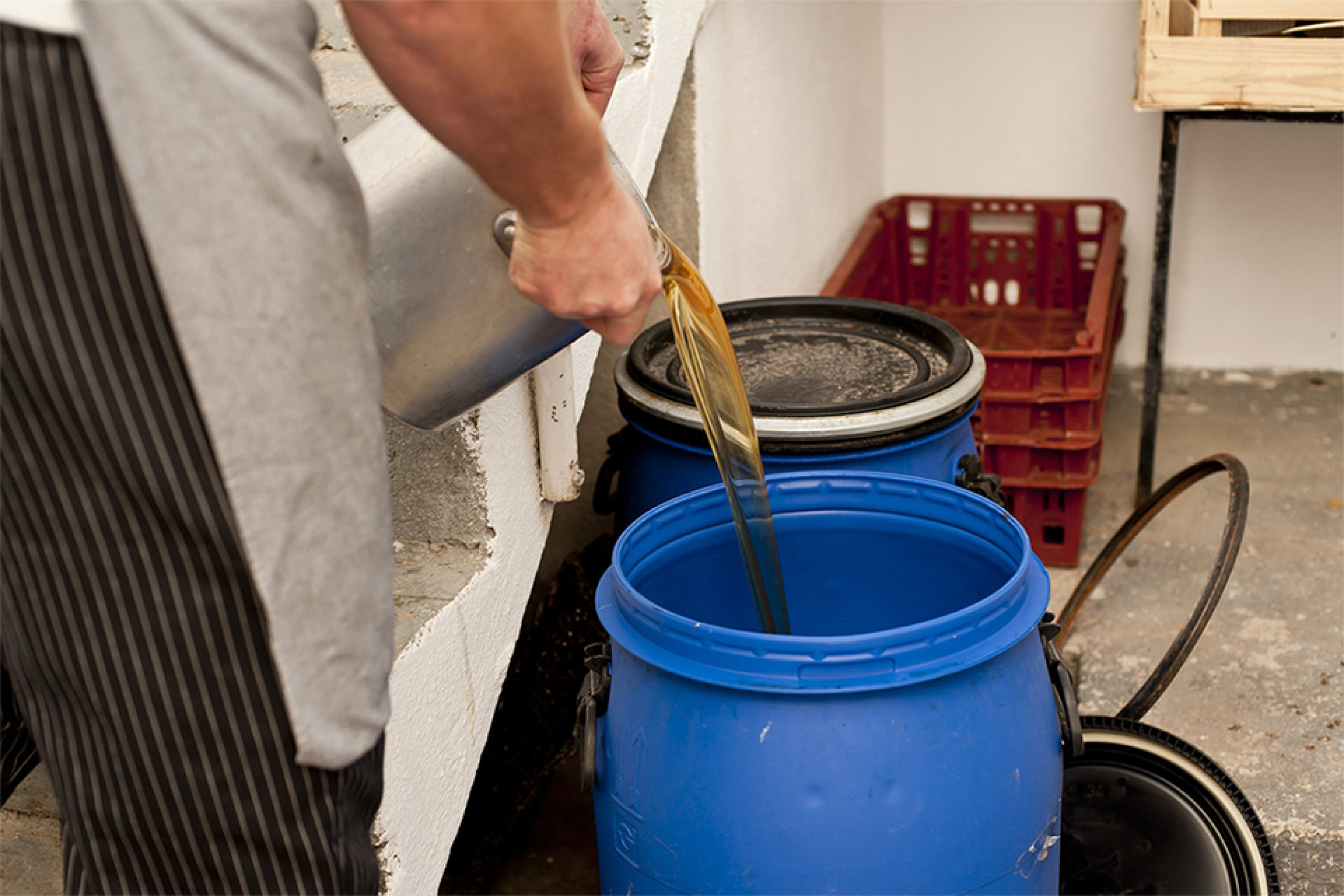Authored by Susan Cheah
Published at 29 Apr, 2021
The Increasing Demand for Waste Oil
The movement of trapping, collecting & recycling used fats, oils & grease has been getting a strong foothold in recent years, partly thanks to the education effort from various local councils like the Majlis Bandaraya Shah Alam and Majlis Perbandaran Klang.

That said, the economical factor remains the most effective proponent for the increase of waste oil demands. specifically from the European market as the European Union revised its Renewable Energy Directive (REDII) which aims to increase renewables (such as waste oil) in energy production by 2030.
This naturally resulted in demand for used oil collection to increase the production of a renewable aspect of the EU’s biodiesel, in turn pushing the industry here in Malaysia to heighten the efforts to source for used cooking oils.
In RED II, the overall EU target for Renewable Energy Sources consumption by 2030 has been raised to 32%. The Member States must require fuel suppliers to supply a minimum of 14% of the energy consumed in road and rail transport by 2030 as renewable energy. Part of it includes waste oil.
The Directive 2009/28/EC specifies national renewable energy targets for 2020 for each country, taking into account its starting point and overall potential for renewables. These targets range from a low of 10% in Malta to a high of 49% in Sweden. This presents a great opportunity for waste oil export nations like Malaysia where cooking oils is widely used in preparing out delicacies from the famous char koay teow to the Ramli burgers stalls.
The thriving of the industry also saw the formation of the Association of Used Cooking Oil Development Malaysia (AUCO) made up of longstanding waste oil processing companies in the country, it aims to better coordinate industry players towards regulation and industry accountability.

With the growing demand for biodiesel feedstock, the entire supply chain from the collection all the way to filtration will need to be under heavier scrutiny. While these are good news for the industry, growing demand could capture the attention of potential scammers who could increase their volume with contaminants and sell their collected oil for more than it’s worth.
The association aims to focus on consolidating logistics and resources among member companies and spreading awareness of responsible oil disposal to the general public, work together to develop standards, collect data for sharing, and keep each other on the right path.
The growing appetite is also good news for thousands of restaurants in Malaysia, having known as the food heaven in Asia. These restaurants where used cooking oil is collected, typically earn around 40 US cents per kilo of the commodity. Comparing to the past, these operators poured used cooking oil drown the drain, causing damages as well as fines from the municipal.
Today, the situation is very different. Collectors are competing to lock up supplies from around the region to feed expanding biofuel operations in Europe. Professional collectors like Capital Oil provides a flexible schedule of the collection as well as providing a safe oil collection barrel for storing the used cooking oil.
The European Union agreed to phase out crude vegetable oils usage in transport fuel from 2030 as part of a broader plan to increase the share of renewables in the bloc’s energy production. Whereas, the French oil major Total said waste material would account for 30%-40% of feedstock supplies at its new 650,000 tonnes capacity biofuel refinery in southern France.
Britain-based biofuel supplier Greenergy has acquired an idle vegetable oil processing plant in Amsterdam to turn waste oil into biodiesel.
The industry here in Malaysia is about whether you have the capacity to get more oil. Competition is very fierce now, so the margins we have are little Greenergy, Europe’s largest producer of biofuels made from waste, in September also acquired Singapore-based used cooking oil exporter Rexon Energy to help secure raw material supplies.
With all these happening, there will only be more used cooking oil collected as awareness that it can be recycled rises. The industry will only grow to greater heights from here.
Instead of throwing it out, collect and sell it. There is a value there. Capital Oil offers a quick, clean, and timely collection of Used Cooking Oil (UCO). Collection schedules are established in advance with customers to ensure there are no overflows of UCO and are generally scheduled on a weekly service cycle. We can also customize a collection interval to suit your specific needs.
